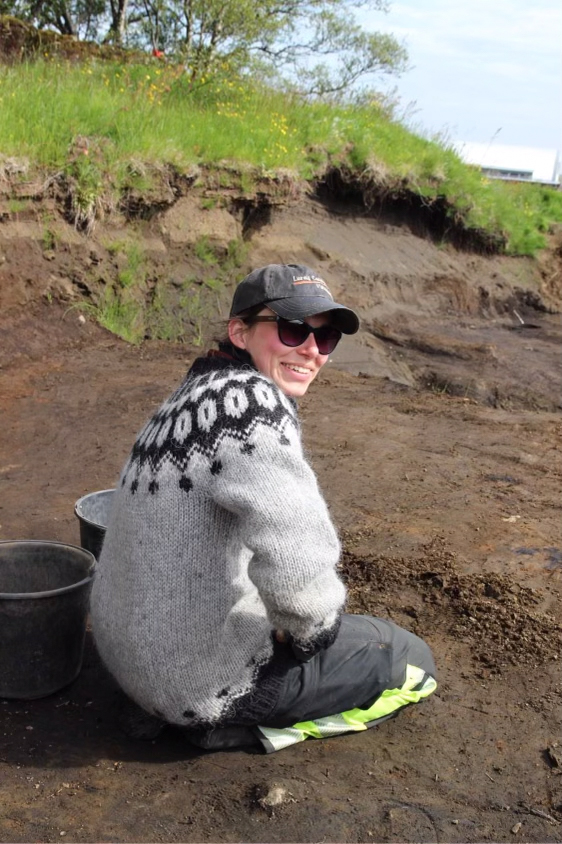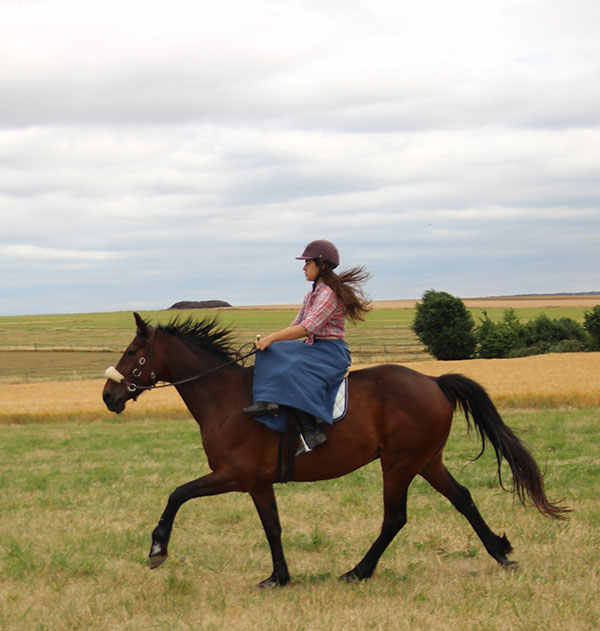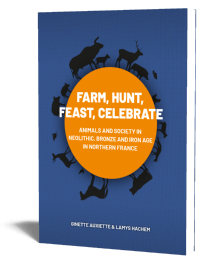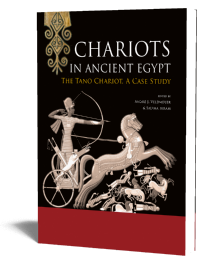Abstract:
The human past is unimaginable without the horse. From our ancestors hunting and painting horses in the Upper Palaeolithic, to the earliest riders, the rise of equestrian empires, and the critical role of horses in war, settler colonialism, and modern state formation, human history is undeniably equestrian. Because of the deep and varied entanglements between people and horses, the study of horses of the past is inherently, and increasingly, interdisciplinary. However, scholars often do not understand the methods or know the research outside of their discipline.
This book corrals a herd of specialist authors from seventeen countries that explain their disciplinary approaches and provide case studies of human-horse relationships in the past, including archaeology, history, classics, art history, literature, and veterinary medicine.
This ground-covering volume overviews key methods, theory, period, and area studies. Aimed at scholars wanting to understand and incorporate research outside of their speciality, or those who wish to undertake collaborative projects, it is also designed as a starting point for students and non-specialists to pursue the study of horses in the past.
Contents
Foreword
Alan Outram
Introduction
Katherine Kanne, Helene Benkert, and Camille M.L. Vo Van Qui
Part 1: Methods
Archaeology of the Horse
Katherine Kanne and Helene Benkert
Advanced Methods in Zooarchaeology
Katherine M. French
Art History for Historians and Archaeologists: Using Visual Culture as Source Material
Lonneke Delpeut
Methodologies in Classics
Carolyn Willekes
Interdisciplinary Research Methods in History: The Example of Medieval Horses in Western Europe
Camille M.L. Vo Van Qui
Part 2: Horses Through Time
Horse Domestication and Early Use
Katherine Kanne
Horses in Ancient Egypt
Lonneke Delpeut and Heidi Köpp-Junk
Introducing Horses to Kofun Japan: The Dawn of Equine Culture focussing on Kawachi (河内) (Current Osaka Region)
Chun Ho Kim
Horse and Rider in the Avar Empire (late 6th-early 9th century AD)
Birgit Bühler
Horses in the Viking Age
Harriet J. Evans Tang
The History and Historiography of the Horse in India
Yashaswini Chandra
Part 3: Working and Living with Horses
Approaches to Researching Horse Training in Medieval Western Europe: Thirteenth to Fifteenth centuries
Camille M.L. Vo Van Qui
The Horse in European Warfare
Helene Benkert and Birgit Bühler
History of Equine Veterinary Medicine
Savaş Volkan Genç
Hippophagy
Katherine M. French
European Women in the Sideways and the Side-saddle
Bettina Keil-Steentjes
The Horse in Literature – From Status Symbol to Companion
Cristina Oliveros Calvo and Anastasija Ropa
Equestrian Sports Through the Ages
Anastasija Ropa
Horses as Cultural Heritage: The Cretan Horse
Věra Klontza-Jaklova


Dr.
Katherine Kanne
Kate Kanne is an anthropological archaeologist investigating the evolution and bioarchaeology of domestication relationships, including agropastoralism, the origins and spread of equestrianism in the European Bronze Age, and the development of mounted warfare, in order to interrogate their effects on the long-term trajectory of sociopolitical and anthropogenic change.
read more


Dr.
Helene Benkert
Helene Benkert completed her MSc at the University of Sheffield with a specialisation in zooarchaeology. Her PhD thesis (2023, Exeter) investigated horse stature and morphology in medieval Europe, in collaboration with the AHRC-funded Project “Warhorse – A medieval revolution?”.
read more


Dr.
Camille M.L. Vo Van Qui
After a Master’s degree at Sorbonne Université (France), Camille Vo Van Qui completed a PhD in medieval studies at the University of Exeter (UK), on the topic of “The breaking-in and training of horses in medieval France (1250-1550).” This interdisciplinary project used methodologies from the field of animal studies and a combination of historical, archaeological, and iconographic sources and focusses primarily on French translations of Jordanus Rufus’s De medicina equorum (c. 1250).
read more














